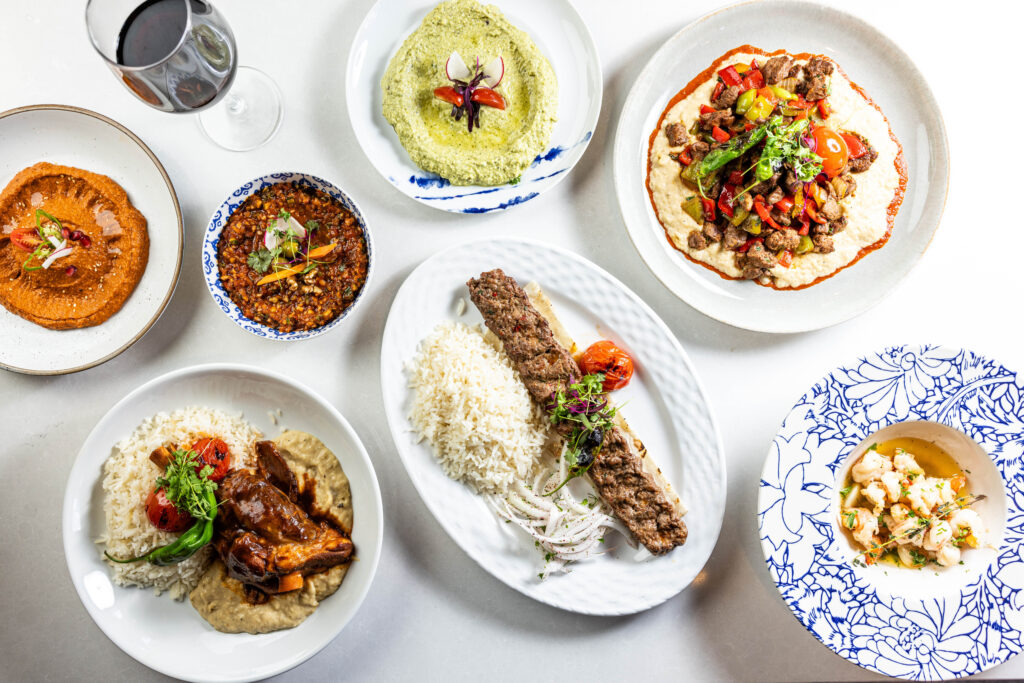“Even today, talking to you, I’m still shaking,” says Serdar Sensel.
It’s a Wednesday afternoon. Sensel, who goes by Sam, is sitting inside Chefika, his latest restaurant concept. Named after his mother, Sefika, the Turkish-Mediterranean eatery opened in Preston Hollow Village in August 2024. After just six days of opening, Sensel is already noticing repeat customers.
This is no surprise though. Sensel is a career restaurateur, working in the high-end service industry since his upbringing in Turkey. He cut his teeth at five-star Hilton Hotels and the acclaimed Sahara Mediterranean Restaurant in New York City. In 2012, Sensel opened Pera Turkish Kitchen in North Dallas with his half-brother Habip Kargin. By 2016, Sensel needed something of his own. He opened Istanbul Grill close to his then-home in downtown Fort Worth.
“We had a full setup. Tablecloths, white wine glasses, red wine glasses, everything,” he says. “But I saw a lot of people scared to come in. I’m losing customers thinking it’s too expensive or dressy.”
Sensel noticed the problem and changed course, opting for a more casual, BYOB approach.
Both locations are still open and thriving, but Sensel has moved his family to Uptown. He wanted to open something fresh and closer to home. Chefika was born, taking over the old Tricky Fish space at Preston Hollow Village.
Chefika’s menu is similar to the two Istanbul Grill locations, but not identical, with the new restaurant offering a full bar and in-house bakery atop a slightly higher-end aesthetic. The dishes are still Turkish-Mediterranean based, the distinction being very intentional for Sensel.
“Israeli people say Mediterranean. The Arabic people say Mediterranean,” Sensel says. “Some of the [dish] names are the same, [like] kebabs, but [we use] as different marinade; we’re lighter, not much is mixed. We use Turkish crushed pepper. It’s very simple.”
The Mediterranean food label can often be a blanket term, with customers walking in with a certain expectation of the menu.
“Tabbouleh is not Turkish, falafel is not Turkish,” Sensel says, referring to two of the most popular Mediterranean dishes. “Falafel belongs to a more Middle Eastern restaurant. That’s why I say Turkish Mediterranean — whatever you see on the menus came from Turkey.”

